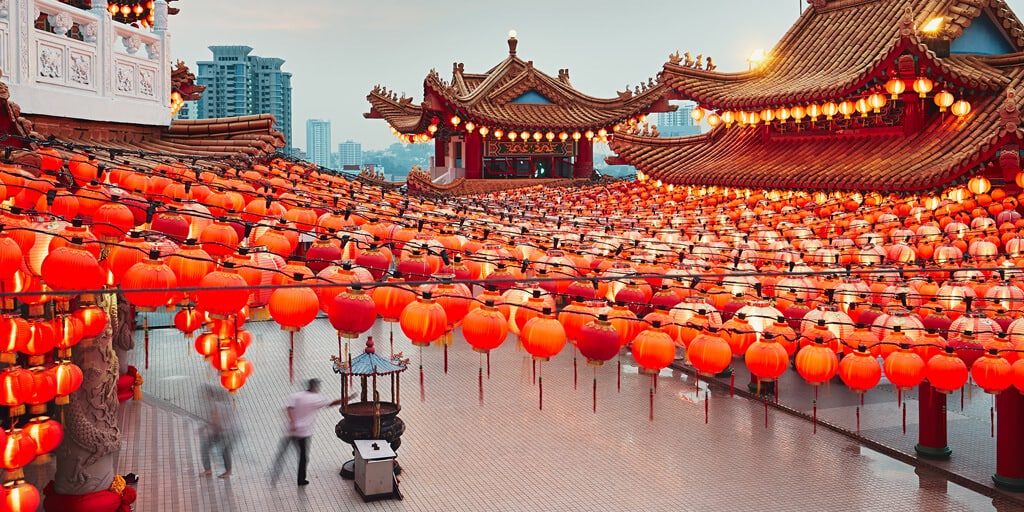China has partially blocked the popular messaging carrier WhatsApp as authorities tighten their grip on the net before a prime leadership reshuffle in Beijing. Photo, video, and voice messages sent using the Guardian from Beijing were blocked on Wednesday, but text messages were no longer affected. Dozens of users in China complained of a complete ban on sending any message on WhatsApp.
The block seemed sporadic, similar to when Chinese authorities banned Google’s Gmail in 2014, earlier than instituting a complete blackout. The ban comes as Chinese officials prepare for a two-times-a-decade management shuffle later this year, with various factions in the Communist birthday celebration jockeying to manipulate key positions and President Xi Jinping probably to consolidate energy similarly.
The organization declined to remark. China operates the world’s largest censorship machine, the Great Firewall, blocking thousands of websites and famous structures, including Facebook, Google, Instagram, YouTube, and many overseas news stores.
Xi, who came to strength five years ago, has pushed for tighter government controls on what data Chinese residents. S. Can get admission to inside the call of “cyber sovereignty.” Recent months have visible Beijing restriction live streaming video apps, online video content, superstar news, and VPNs.
WhatsApp pales in reputation in China compared with the homegrown messaging service WeChat, which boasts more than 900m users. However, the American app is increasingly being utilized by Chinese worried about privacy or communicating with pals or commercial enterprise contacts abroad.
 READ MORE :
READ MORE :
- Tokyo Street Fashion Gets the Blahs
- A Day in the Life of Corky Henderson
- Jeff Sessions Treads at the Property Rights of Americans
- Master the most recent Android working device and begin coding these days with a $15 training path
- How does US gun tradition compare with the arena
While WhatsApp encrypts all messages, WeChat conversations are mechanically monitored. “By blocking off WhatsApp, the government has closed down one of the few ultimate unfastened and encrypted messaging apps, but, more importantly, they have also confined the ability for Chinese to have private conversations with their peers,” a Chinese censorship researcher acknowledged only with the aid of the pseudonym Charlie Smith, said in an email.
“While the net freedom community maintains to develop precise and modern circumvention gear, we’re doing little or no to fight the climate of fear that Xi Jinping has synthetic in China.” Before this week’s ban, WhatsApp changed into the most effective service owned by Facebook, nonetheless handy inside China. The famous social network was blocked because of ethnic riots in China some distance west in 2009, and Instagram became banned throughout seasoned-democracy protests in Hong Kong in 2014.
Mark Zuckerberg, the Facebook boss, has made a high-profile push to get the company’s services unblocked, showering praise on Xi and other Chinese officials. However, he has little to reveal for his efforts up to now. The Chinese government previously blocked Telegram’s messaging app after it became popular with the u. S . ‘s human rights lawyers.
The death of jailed Nobel Peace Prize laureate Liu Xiaobo also sent censors into overdrive. They scrambled to dam any commemorations on social media, even achieving non-public messages on WeChat to block content material. According to a report via the University of Toronto’s Citizen Lab, Chinese censors had been capable of blocking messages and pix in real-time despatched in non-public one-on-one chats in WeChat.
“Concerned that martyrdom around Liu might also spur similar collective motion, as well as being worried about saving face, the knee-jerk reaction of China’s government is to quash all public discussion of Liu, which in these days international translates into censorship on social media,” Ronald Deibert, director of Citizen Lab, wrote in a blog publish. China plans to dam “unauthorized” digital private networks, or VPNs, a common device to keep away from censorship, beginning in February 2018. Several home vendors have already been compelled to close down.
